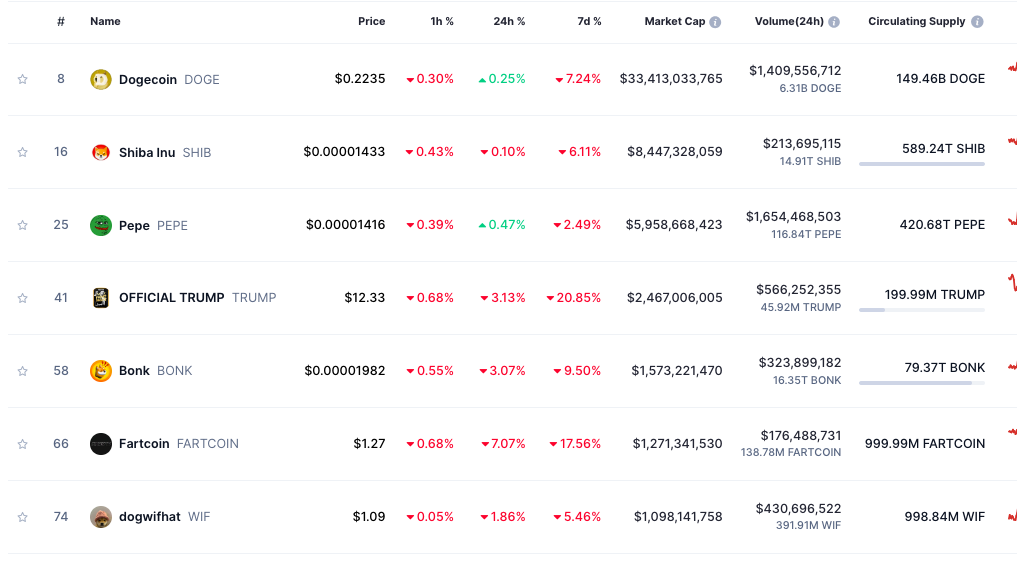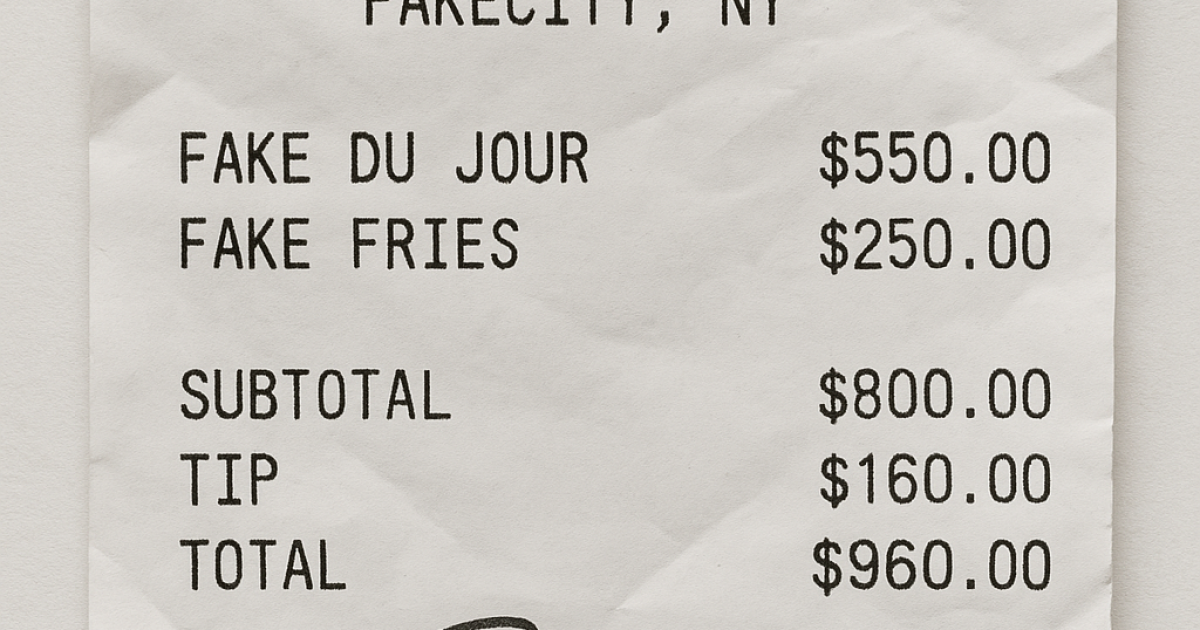“What is VMS?” During the 2023 Super Bowl, Astellas Pharma aired an ad featuring a reporter asking women that very question. The 30-second spot (which likely cost around seven million dollars) helped educate women about vasomotor symptoms, commonly known as VMS – hot flashes and night sweats that affect women in menopause – and directed them to a website to learn more.
Over 113 million people watched the 2023 Super Bowl. The fact that an ad for a female-specific, historically-taboo health condition was able to run on that large of a national stage – and reach that large of an audience – gives the impression that women’s health-centric advertisements are commonplace. But, in truth, women’s health companies have faced an uphill battle in advertising, everywhere from social media to subway stations.
The SuperBowl commercial about VMS cost an estimated seven million dollars and may have been seen by … [+]
getty
In a report published in January 2022, the Center of Intimacy Justice (CIJ), a non-profit social change organization, found that 60 companies, which focused on healthcare for women and people of diverse genders, had Meta (formerly Facebook and Instagram) reject their ads. The ads in questions covered education, products, and services for a range of health conditions and issues, including bladder control, breast pumps, endometriosis, fertility, menopause, pelvic pain, pregnancy, postpartum clothing, sexual consent, sexual pleasure, and urinary tract infections. Even ads that included words such as “vaginal”, “vaginal health”, “menopause” and “OB/GYN” were rejected since those ads, according to the tech giant, represented “adult content” or were advertising “sexual pleasure”. Half of the affected companies also found that Meta locked them out of their accounts. In contrast, ads for condoms, erectile dysfunction, and even premature ejaculation have had their content were approved and allowed to run; they met Meta’s advertising policy at the time because they focused on “family planning”, not on “sexual pleasure or sexual enhancement”.
Women’s health ads have been censored across social media platforms.
Getty Images
The result is a double standard: addressing men’s necessary health needs is for the good of men’s families but addressing women’s necessary health needs is simply for women’s own pleasure.
In response, after CIJ’s findings were released and The New York Times – among others – ran corresponding stories, Meta changed its advertising policies in the fall of 2022 to allow “ads that promote sexual health, wellness and reproductive products and services” to users over 18.
This morning, though, the CIJ announced that it had filed a complaint in April against the US Federal Trade Commission (FTC). The complaint alleges that, despite the changed policies, Meta specifically and “systematically treats sexual health products and services directed towards women and people of underrepresented genders differently, resulting in the rejection of the ads and the banning of these companies from the platforms”. Since these ads do comply with Meta’s updated and posted policies, their rejection amounts to “an unfair and deceptive trade practice” and “violates Section 5 of the Federal Trade Commission Act, because rejecting ads that facially comply with Meta’s posted policies amounts to an unfair and deceptive trade practice.” Democratic lawmakers, including Mazie Hirono (Hawaii), Elizabeth Warren (Mass.), Amy Klobuchar (Minn.), Peter Welch (Vt.) and Rep. Adam B. Schiff (Calif.), have joined their voices to the cause, asking the FTC to act if it finds that Meta has, in fact, violated federal trade practice laws.
In a statement, Meta’s spokesperson Ryan Daniels shared, “We welcome ads for women’s health and sexual wellness products, but we prohibit nudity and have specific rules about how these products can be marketed on our platform.” Meanwhile, Jackie Rotman, Founder and CEO of the Center for Intimacy Justice, said in an interview with The Washington Post that this censorship is “disheartening and sad that so many of the women’s health entrepreneurs and nonprofits we work with are still facing the exact same barriers.”
Those “women’s health entrepreneurs” include Lyndsey Harper, MD, FACOG, IF, Founder and CEO, Hailey Thompson, Marketing Lead, and the rest of the team at Meet Rosy. About six months after Meta announced its advertising policy changes, this sexual health company submitted an ad about pain during sex, which as many as 75% of women will experience. When the ad was rejected, Rosy appealed the decision, citing Meta’s revised advertisement policy, which states that sexual pain is a permitted topic. The follow-up worked; the ad was approved and allowed to run.
The content of Meet Rosy’s ad (left), its rejection notice (center), and its approval notice … [+]
Hailey Thompson
Awkward Essentials, another sexual health company, also noticed that the new policy didn’t necessarily translate to a changed reality. The company has had about 80% of their ads approved and 20% rejected: a split that hasn’t changed with the changed policy. According to Frances Tang, founder and CEO, shared, Awkward Essentials has circumvented the algorithm bias against women’s health ads by avoiding “traditional tropes in advertising” for sexual health companies, such as silhouettes of bodies or pieces of fruit to represent female reproductive organ. In other words, the company, whose products include a post-sex cleanup wipe and a pee funnel, use images like cakes and Twinkies in their ads: images that algorithms may not have yet learned are associated with sexual health, pleasure, or wellness ads, and, therefore, may not have yet learned to reject. Ms. Tang even made an Instagram Reel sharing some of these advertising workarounds to help other women’s health companies facing the same challenges.
Ads from Awkward Essentials. The single ad (left) was rejected while the three ads (right) were all … [+]
Frances Tang
Overall, though, Awkward Essentials’ ad approval rate might be above average compared to its peers’ because it avoids “traditional tropes in advertising” for sexual health companies, such as silhouettes of bodies or pieces of fruit to represent female reproductive organs. Instead, the company, whose products include a post-sex cleanup wipe and a pee funnel, use images like cakes and Twinkies: images, in other words, that algorithms have not yet learned are associated with sexual health, pleasure, or wellness, and, therefore, have not yet learned to reject immediately. Ms. Tang even made an Instagram Reel sharing some of the tips and tricks she learned to get around this censorship in the hopes of helping other women’s health companies facing the same challenges.
Kristina Cahojova, founder and CEO of kegg, took a different approach. Kegg’s product helps with pelvic floor training and cervical fluid tracking; it can help women maintain their pelvic floor, reduce painful sex, recognize hormonal imbalances, and understand why they might be prone to infections. However, kegg’s product, as Ms. Cahojova is aware, looks like a sex toy: a red flag for algorithms that have already learned to flag sexual content and products.
kegg’s product, which is often mistaken by algorithms for a sex toy.
Kristina Cahojova
Ms. Cahojova understands that the ideal approach would be to “fix the algorithm” to stop it from flagging women’s health products or imagery typically associated with women’s health (like fruit cut in half): one of the results that the Center for Intimacy Justice also wants to achieve through its FTC complaint. Even before CIJ’s complaint, though, Ms. Cahojova mobilized 100 women’s health company founders to sign a petition against the censorship of women’s health products on Meta and TikTok. In the petition, she wrote, “Educational content or promotion of women’s health products has been systematically miscategorized as ‘adult products or services’ and banned while truly sexual and explicit content or ads have been allowed by social media companies.” She shared the petition with her personal connections at Google and at Meta; the latter of which had no idea that type of censorship was occurring. Since then, Ms. Cahojova has noticed that companies that were part of her petition have been “white-listed”, and their ads have been allowed to run. That change, for kegg alone, helped its revenue grow about “10x a month”.
The petition to stop women’s health censorship by contrasting two different types of ads that are … [+]
Kristina Cahojova
Despite the attention it is currently receiving, Meta is not the only company censoring women’s health ads and content. Ms. Cahojova said that LinkedIn removed her post about her petition since the post itself violated LinkedIn’s policy on adult content. She also noted that Amazon is “a secret player” in the censorship space. Because kegg’s product looks like a sex toy, Amazon won’t allow it to be advertised as is, citing the online retailor’s own Terms and Conditions. The product image that the keg team thus displays on Amazon is a box with a pregnant woman on it. Ms. Cahojova estimates that kegg could “quadruple or even 10x” its revenue if it could show its product, rather than all but disguising it. Ms. Tang of Awkward Essentials had a similar experience with a third-party retailer, this one brick-and-mortar. Awkward Essentials’ post-sex cleanup sponge was removed from its place on a drugstore shelf after customers were offended. The various condoms displayed around the sponge didn’t draw the same ire and were not removed.
kegg’s rejected ad (left) and Kristina Cahojova’s petition (right) about censorship about women’s … [+]
Kristina Cahojova
The ban of these ads and the uneven application of advertising standards and guidelines only hurts the companies trying to advertise. As Ms. Cahojova of keg says, women’s health companies, especially those with female founders, are so underfunded that they have to rely on different sources of capital, such as revenue, to stay in business. Social media, along with visibility in an app store, online retailer, or drugstore, can help these companies build their brand and bring in that revenue – but only if those ads are allowed to run in the first place. Without them, a company may see fewer sales and less revenue and may be seen as a less attractive prospect to investors than it would have otherwise. This fate, in turn, forces the company to double-down on its dependence on other sources of capital, like revenue: a self-perpetuating cycle.
Women’s health companies (also known as femtech companies) consistently receive less than 2% of all … [+]
Eva Epker
Consumers are hurt by this censorship as well. A recent UNESCO study found that 29% of the young people surveyed said that the internet was the most common way they access reproductive and sexual health information. Replacing language like “vagina” and “vulva” with terms like “lady parts” can gets ads around censors but can hinder consumers’ understanding while ads with straightforward language (such as the copy on Ohnut Wearable’s proposed Instagram ad which read “It takes 3.5 years to sail around the world. It takes 7-10 years to get an endometriosis diagnosis.”) or images are rejected, unable to reach and educate the women who need them.
Three different ads that were all rejected: pH-D Feminine Health’s ad on vaginal odor products … [+]
Kristina Cahojova
As the women’s health website FemTech Insider notes, the “legal writing, digital organizing, and Congressional engagement” for the CIJ’s campaign were “led entirely by young women”.
Credit: Source link










